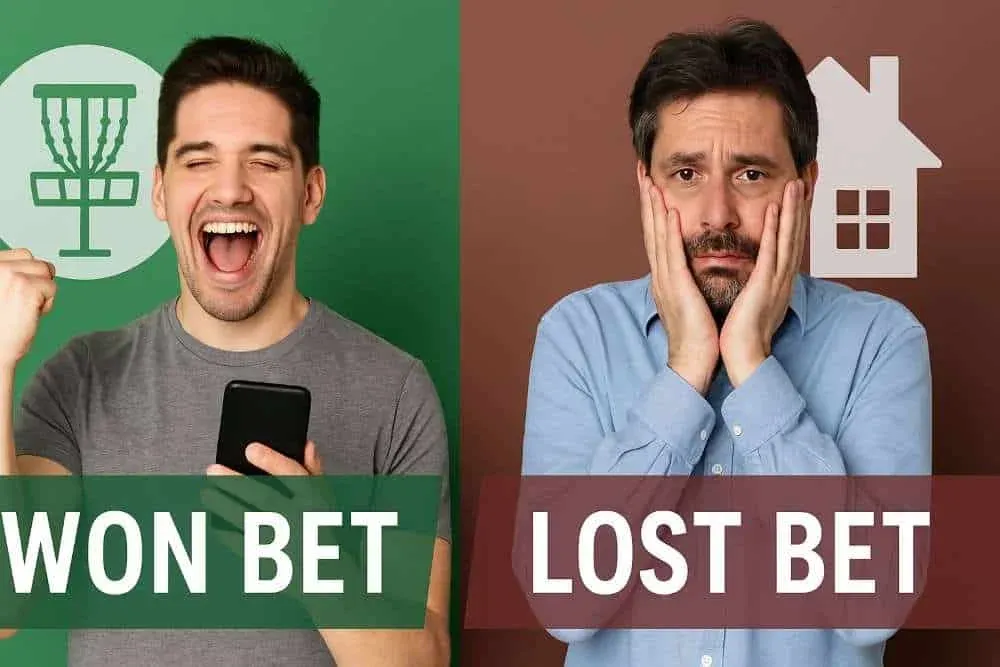Is Gambling Good for Disc Golf?
The Disc Golf Pro Tour (DGPT) has announced that sports betting on professional disc golf events is now officially available. This development marks a significant milestone in the sport’s evolution, aligning it with other major sports that have embraced wagering to enhance fan engagement.
With this new avenue, fans can place bets on their favorite players and tournaments, adding an extra layer of excitement to each throw and putt. The DGPT believes that this step will not only increase viewership but also deepen the connection between the sport and its growing audience.
However, as disc golf ventures into the world of sports betting, it brings forth a critical question: Is gambling good for disc golf? While the potential for increased engagement is evident, it’s essential to consider the broader implications, including the risks associated with gambling addiction and the influence of betting companies.
In this article, we will explore the pros and cons of introducing gambling to disc golf, drawing parallels with other sports and examining how this move could shape the future of the game.
As disc golf continues its rapid ascent into the mainstream, conversations once reserved for traditional sports are now entering our space. Chief among them: gambling. With fantasy leagues popping up, sportsbooks toying with odds, and fans debating over DraftKings lines during lunch breaks, it’s a question worth asking—is gambling good for disc golf?
Like most worthwhile debates, the answer isn’t simple.
The Case For Gambling: Engagement Like Never Before
If you want people to care, give them something to lose. That may sound cynical, but it’s backed by data—and a lot of it. March Madness is a textbook example. Every spring, tens of millions of Americans fill out NCAA brackets, most of whom can’t name more than a handful of college players. Why? Because when your bracket’s on the line, suddenly Northern Iowa versus Florida Gulf Coast is must-see TV.
In fact, the American Gaming Association estimates that over 70 million brackets are filled out each year—more than double the viewership for the average NBA Finals game. According to Nielsen, March Madness viewership jumps 24% in homes with bracket participants, proving that financial investment (even $5 in the office pool) turns casuals into superfans.
Disc golf could benefit from that same dynamic. Imagine more fans tuning into the Jonesboro Open not just to watch Paul McBeth, but to sweat the final putt that determines whether they cash a $20 parlay. With gambling, players become stock. Rounds become markets. And every 40-foot putt becomes a reason to shout at the TV.
Simply put, gambling fuels attention, and attention is the currency of modern sports. The more people that watch disc golf, the more sponsors there will be, and more sponsors allows the professional sport to drastically grow.
The Case Against Gambling: A Dangerous Game
For all the upside, let’s not romanticize gambling without acknowledging the dark side. It’s no secret that gambling can wreck lives. It’s addictive. It’s predatory. And at the end of the day, the house always wins—because the system is designed that way.
Sportsbooks don’t build themselves on winners. They thrive because every wager includes a cut, a “vig” that ensures the operator profits regardless of who wins or loses. It’s a business that masks itself in fun, but often profits off of desperation, especially among the most vulnerable.
We’re already seeing the toll in other sports. Stories of athletes facing harassment due to blown bets, fans more interested in spreads than sportsmanship, and even match-fixing scandals have tainted leagues from tennis to the NFL.
Does disc golf want to flirt with that kind of future?
Finding the Balance
The truth is, gambling is neither all good nor all evil. It’s a tool. And like any tool, it can be used wisely or recklessly. When paired with education, responsible limits, and smart regulation, gambling can increase interest and fuel the sport’s economic growth. But without guardrails, it can poison the very community that has made disc golf special—casual, inclusive, and refreshingly drama-free.
So, is gambling good for disc golf?
It depends on how we use it.
If we treat it as a way to enhance engagement, promote fantasy leagues, and responsibly expand the game’s audience, then yes—there’s real value. But if we lean into the profit machine without considering the cost to people, culture, and integrity, then we’ll quickly realize: the biggest gamble might be the future of the sport itself.



